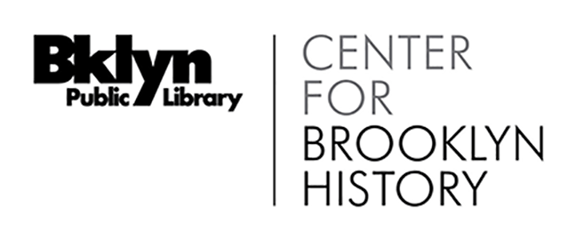Peter Lowe correspondence
Call Number
Date
Creator
Extent
Language of Materials
Abstract
The Reverend Peter Lowe (1764-1818) was born in Esopus (now Kingston), New York. Lowe pursued his theological studies in New York City and, after completing his studies, accepted a call to serve as Collegiate Pastor over a combination of six churches in Kings County (Long Island). Lowe lived in Flatbush, now part of the Brooklyn borough of New York City. The collection contains correspondence to and from Lowe, principally with fellow clergymen. The subjects of the correspondence primarily include pleasantries and expressions of spirituality. There is some commentary on finding preaching positions, performing clerical duties and seeking to redeem sinners. In this connection, there is an unsent 1788 letter from Lowe in which he expresses frustration that his church will not allow African-Americans to become members; he details the objections of the members and his answers to those objections.
Biographical / Historical
The Reverend Peter Lowe was born on April 30th, 1764, in Esopus (now Kingston), New York, where he received his preparatory academic education. From an early age, Lowe displayed a propensity for serious study and a love of reading, particularly of the Holy Bible and other religious texts. He pursued his theological studies in the city of New York under the tutelage of the Reverend Dr. John Livingston, a prominent minister and theological scholar. Upon completing his studies at the age of twenty-four, Lowe accepted a call to serve as Collegiate Pastor over a combination of six churches in Kings County (Long Island), the locations being in Flatbush, Flatlands, Gravesend, New-Utrecht, Brooklyn, and Bushwick. Along with the Reverend Martin Schoonmaker, Lowe faithfully executed his pastoral duties for the next twenty-one years. Lowe lived with his wife and children in Flatbush, and when the union of the six churches was dissolved "by mutual consent, for the sake of a more frequent supply of the word and ordinances," Rev. Lowe continued to serve the parishes of Flatbush and Flatlands for another nine years, until his death from cancer in June of 1818. Unwavering as a man of faith, Lowe remained committed to serving his parish during his illness, even delivering his last sermon in his own sick room a few days before his death.
(Sources: Stiles, Henry R. A History of the City of Brooklyn, Volume I. Bowie, MD: Heritage Books, 1993; Vanpelt, Rev. P.I. A Discourse, Delivered on the 12th June, 1818, at the Funeral of the Rev. Peter Lowe, A.M. New York: Printed by Daniel Fanshaw, 1818.
Arrangement
The documents are arranged in alphabetical order by correspondent.
Scope and Contents
This collection contains correspondence to and from the Reverend Peter Lowe, Pastor of the Dutch Church of Flatbush. Many of the correspondents are fellow clergymen. The subjects of the correspondence principally include pleasantries and expressions of spirituality, especially in relation to dealing with difficulties, being favored with luck, matters of health or illness, and other fortunes or misfortunes of life. There is some commentary on finding preaching positions, performing clerical duties and seeking to redeem sinners. In this connection, there is an unsent 1788 letter from Lowe in which he expresses frustration that his church will not allow African-Americans to become members; he details the objections of the members and his answers to those objections.
Subjects
Conditions Governing Access
Open to researchers without restriction.
Conditions Governing Use
The material is in the public domain.
Preferred Citation
Identification of item, date (if known); Peter Lowe correspondence, 1974.008, Box and Folder number; Brooklyn Historical Society.
Immediate Source of Acquisition
Donated to the Long Island Historical Society (now Brooklyn Historical Society) by Peter Lowe's daughter, Mrs. M.C. Tappan, 1864.
About this Guide
Processing Information
The collection was arranged and described in May 2005 by Jonathan W. Montgomery. Montgomery's finding aid was modified slightly in April 2012 by Larry Weimer to accommodate input to a collection management system, Archivists' Toolkit.
